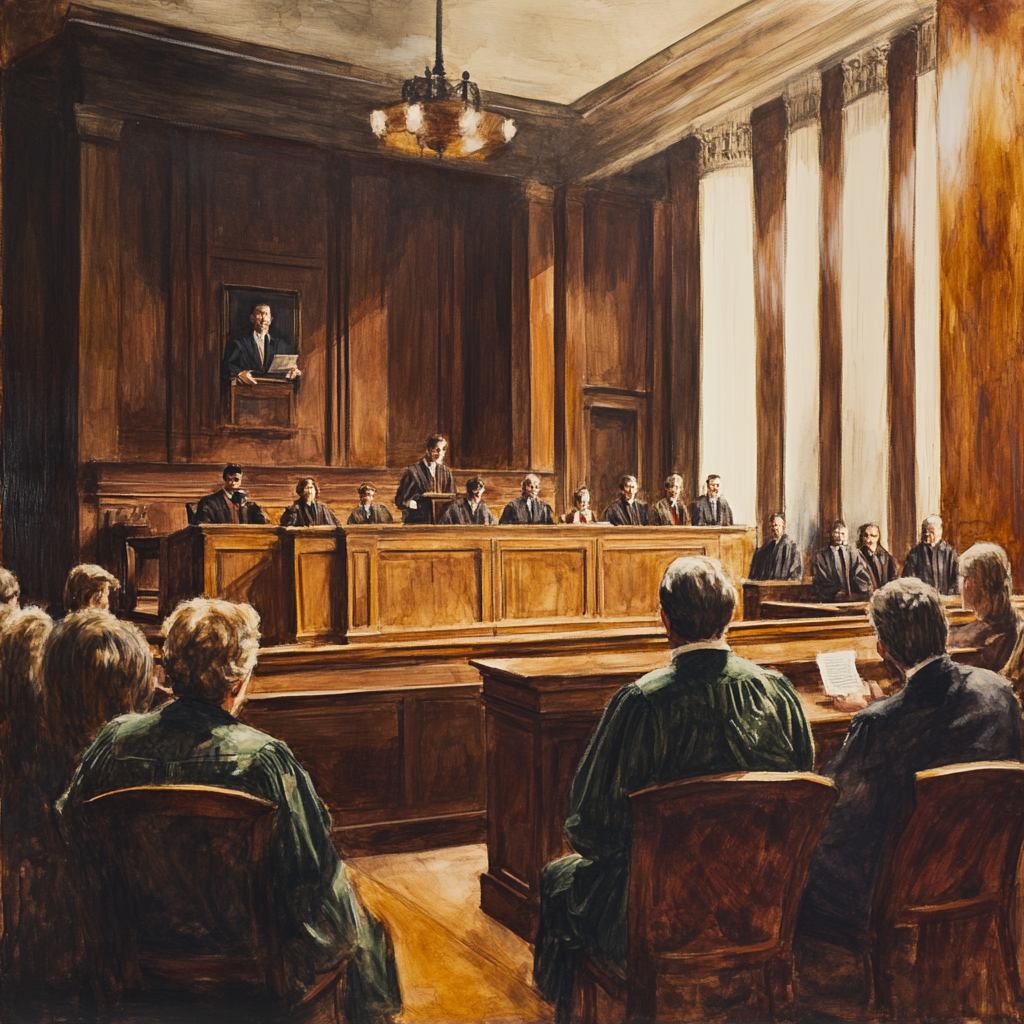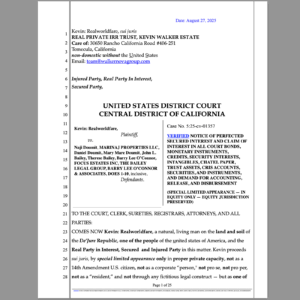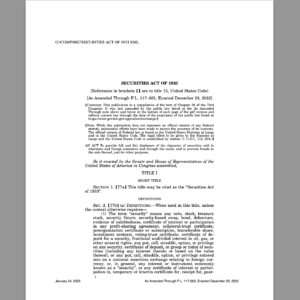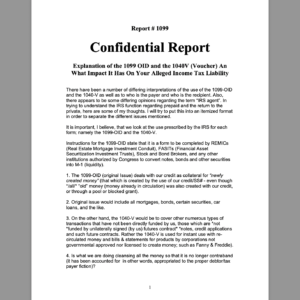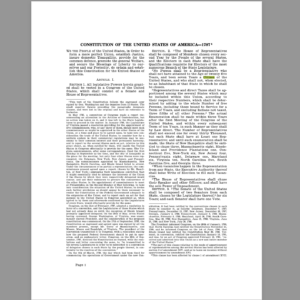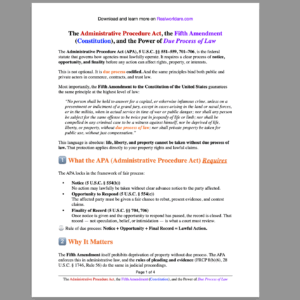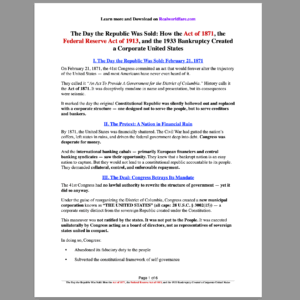To convene a 12-panel grand jury as a private citizen or group, it’s important to understand the lawful distinctions between a statutory grand jury and a common law (citizens’) grand jury, and how they can be approached under both federal and state jurisdictions.
Statutory (Government-Convened) Grand Jury
These are federal or state grand juries convened by a judge or prosecutor under criminal procedure rules. A private citizen cannot directly compel the government to impanel a statutory grand jury—but you can do the following:
- Submit a verified criminal complaint and affidavit to the U.S. Attorney, State Attorney General, or District Attorney.
- Demand a grand jury investigation under:
- 5th Amendment (right to indictment),
- Federal Rules of Criminal Procedure Rule 6(a) (grand jury requirement),
- 18 U.S.C. § 3332(a) (allows a U.S. Attorney to submit info to a grand jury upon citizen request),
- Or corresponding state statutes.
You must establish credible evidence of criminal conduct, not just civil or commercial fraud.
Common Law Citizens’ Grand Jury
If the statutory process is corrupted or denied, some lawful assemblies attempt to convene common law grand juries under natural law, First Amendment right to petition, and sovereign authority. These are not officially recognized by the courts but have been used to:
- Establish recorded findings,
- Put public actors on notice of felony fraud or color-of-law violations,
- Demand recognition through mass affidavit campaigns, liens, or filings.
Steps to Convene:
- Gather 25–30 individuals from the community.
- Elect 12 jurors, a foreperson, and a recorder.
- Present verified complaints, affidavits, and evidence (like yours with Zillow, Riverside County, etc.).
- Deliberate and issue Findings of Fact, True Bills, or Indictments (non-binding unless enforced through state action).
- Record all proceedings under affidavit, oath, and commercial liability.
- Serve results on state and federal officials—with demand for lawful enforcement under Title 18.
While symbolic or evidentiary in nature, these actions can create lawful pressure, record unrebutted findings, and support civil litigation or federal criminal referrals.
Strategic Federal Route: 18 U.S.C. § 3332(a)
You can attach your findings (e.g., fraud by Zillow, suppression by Riverside) to a Demand for Federal Grand Jury Investigation under 18 U.S.C. § 3332(a) and send it to:
- The U.S. Attorney General,
- The local U.S. Attorney (Central District of CA),
- Or the Inspector General of the DOJ.
Conclusion
The right to call for investigation is not limited to prosecutors. Private citizens have the lawful right to demand action and convene evidence-based review panels when state actors fail to prosecute institutional fraud. Whether invoking statutory or common law procedures, your jurisdiction stands in the facts, the harm, and your will to enforce remedy.
